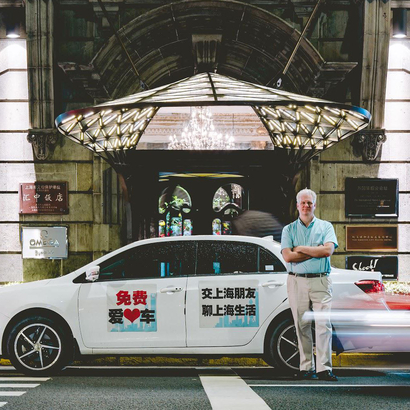When the Galeries Lafayette department store in Paris hung a four-stories-tall billboard on its façade, it was, in many ways, selling something that France has profited off of for centuries: sex. Specifically, an extreme close-up of a woman’s derrière, nominally clad in the lace panties of the lingerie brand, Aubade.
The reaction, however, proved less than French. Hélène Bidard, deputy mayor of Paris, instantly took to Twitter: “Seriously? In the wave of #MeToo … you have nothing better to show than the buttocks of a faceless woman?”
Her tweet sparked a conversation that was overdue in France and prompted fashion labels to rethink imagery and beauty standards in a post-#MeToo era—images and standards that have been created by men to appeal to men. “Today,” says Matthieu Pinet, creative director of the International Salon of Lingerie’s avant-garde “Exposed” exhibition, “brands seek to address women.”
One brand that has emerged is Ysé, which employs diversity in its casting. As the founder says, it’s about showing “a new vision of sensuality and femininity, more natural, more assumed, neither standardized nor sexualized.”
Oddly enough, Ysé’s vision of easy yet sexy lingerie is similar to the effortlessly chic French-girl fashions worn outside of the bedroom that so many American women seek to imitate.
Aubade has no plans to adjust to life in the #MeToo era. The company’s deputy managing director told Agence France-Presse that, while some brands highlight everyday women, “it’s a choice that is not ours. We prefer to dream.”




